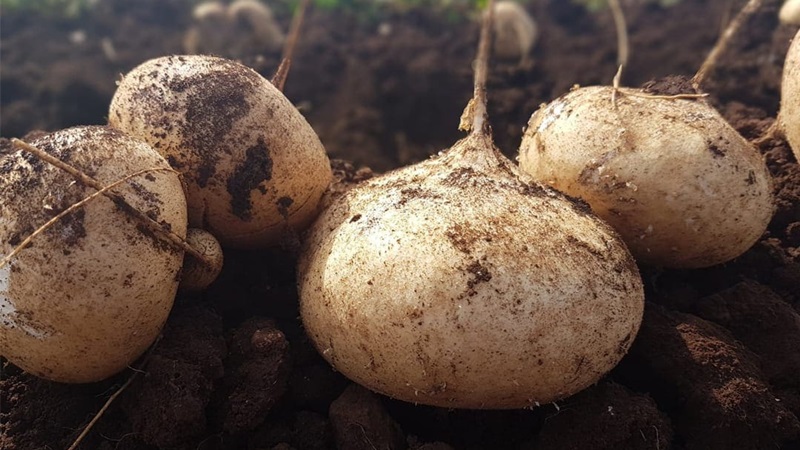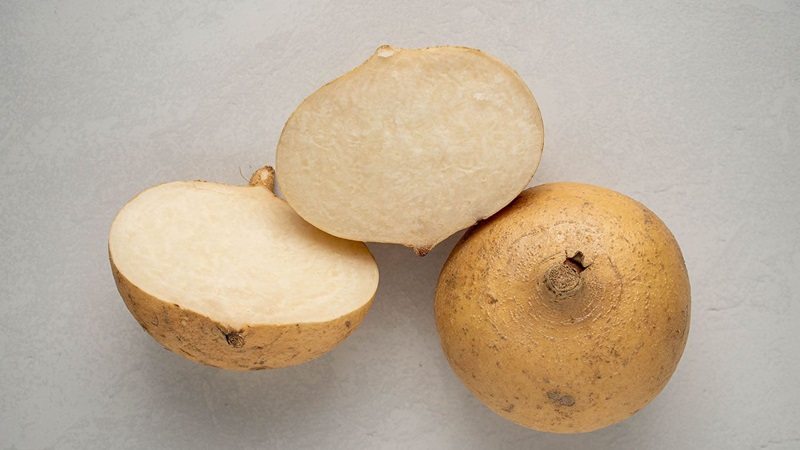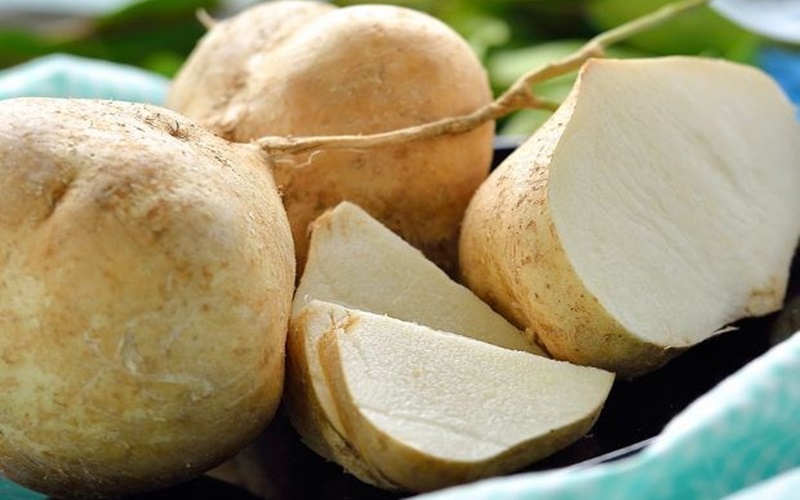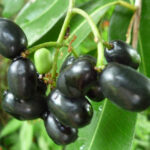Is Cassava a Good Choice for Diabetics? Let’s explore the nutritional value and health benefits of this root vegetable for those living with diabetes.
1 Nutritional Profile of Cassava
 Nutritional Value of Cassava
Nutritional Value of Cassava
According to Traditional Chinese Medicine, cassava offers the following benefits:
-
Cassava has a sweet and cooling nature, benefiting the lung and spleen meridians.
-
It helps quench thirst, generates body fluids, and detoxifies alcohol.
-
Cassava can be used in cases of alcohol poisoning and skin ulcers.
Nutritional Composition:
-
Peeled cassava contains over 90% water, 8.8% starch, and 1.8% sugar.
-
It is rich in vitamins and minerals.
-
Cassava provides essential amino acids such as lysine, methionine, tryptophan, and arginine.
-
It is a good source of minerals like calcium, phosphorus, iron, and copper.
-
Cassava does not contain gluten.
2 Can Diabetics Safely Eat Cassava?
 Is Cassava Safe for Diabetics?
Is Cassava Safe for Diabetics?
Yes, people with diabetes can safely consume cassava. Here’s why this root vegetable is a good choice for diabetics:
-
Low Glycemic Index: Cassava has a low sugar and starch content, preventing sudden spikes in blood sugar levels.
-
High in Fiber: The fiber in cassava helps regulate blood sugar and promotes a feeling of fullness, aiding in weight management.
-
No Fat: This reduces the risk of unwanted weight gain, an important consideration for diabetics.
-
A 2016 study by Chan Joo Park, Hyun-Ah Lee, and Ji Sook Han found that cassava extract improved insulin sensitivity and regulated liver glucose in diabetic mice.
However, diabetics should consume cassava in moderation and consult their doctor or dietitian before including it in their daily diet.
3 Health Benefits of Cassava for Diabetics
 Health Benefits of Cassava for Diabetics
Health Benefits of Cassava for Diabetics
Cassava offers several health advantages for people with diabetes:
Weight Loss:
Cassava is a low-calorie, fiber-rich food that promotes satiety without weight gain. For diabetics, weight management is crucial as obesity increases the risk of complications. The fiber in cassava helps curb cravings and stabilizes blood sugar, supporting effective weight control.
Boosted Immunity:
Cassava is rich in vitamin C and phytonutrients, which strengthen the immune system. Diabetics are more susceptible to infections and immune-related disorders, so the nutrients in cassava help fortify the body’s natural defenses, reducing the risk of infections.
Improved Digestion:
The fiber in cassava not only aids digestion but also helps maintain stable blood sugar levels. Fiber slows the absorption of sugar into the bloodstream, preventing sudden blood sugar fluctuations, which is especially beneficial for diabetics. It also prevents constipation and enhances overall digestive function.
Enhanced Blood Circulation:
Cassava is a good source of potassium, a mineral essential for regulating blood pressure and maintaining healthy blood flow. Improved circulation reduces the risk of diabetic complications such as hypertension and coronary artery disease.
Stomach Soother:
Cassava’s cooling nature soothes the stomach and alleviates symptoms like bloating and indigestion, commonly experienced by diabetics due to dietary restrictions. Additionally, its high fiber content protects the stomach lining and promotes smoother digestion.
Beneficial for Perimenopausal Women:
Perimenopausal women with diabetes may find relief from cassava’s hormone-balancing nutrients. Cassava contains natural phytoestrogens that help regulate hormones and ease perimenopausal symptoms like hot flashes, night sweats, and mood swings.
Skin Health:
The antioxidants and vitamins in cassava protect the skin from free radical damage and slow down the aging process. This not only maintains skin health but also benefits diabetics, who are prone to skin issues, by promoting clear, supple skin and reducing inflammation and dryness.
3 Precautions for Diabetics Consuming Cassava
 Precautions for Diabetics Eating Cassava
Precautions for Diabetics Eating Cassava
While cassava is generally a healthy food choice and offers benefits for diabetics, here are some precautions to keep in mind when including it in a diabetic’s diet:
-
Cassava contains starch, so diabetics should consume it in moderation to prevent blood sugar spikes.
-
Avoid combining cassava with high-sugar foods.
-
Consult a doctor or dietitian before incorporating cassava into your daily diet.
In conclusion, this article has provided insights into the nutritional value and health benefits of cassava for diabetics. We hope it has equipped you with the knowledge to make informed choices about your health and well-being.
The Ultimate Flower: A Natural Remedy for Optimal Health
Banana blossom, also known as banana heart, is a culinary staple and a medicinal treasure in Southeast Asian cultures. This unique ingredient, derived from the banana plant, offers a plethora of benefits that extend beyond its delicious flavor. In traditional medicine, banana blossom is revered for its therapeutic properties, believed to treat a range of ailments.





































